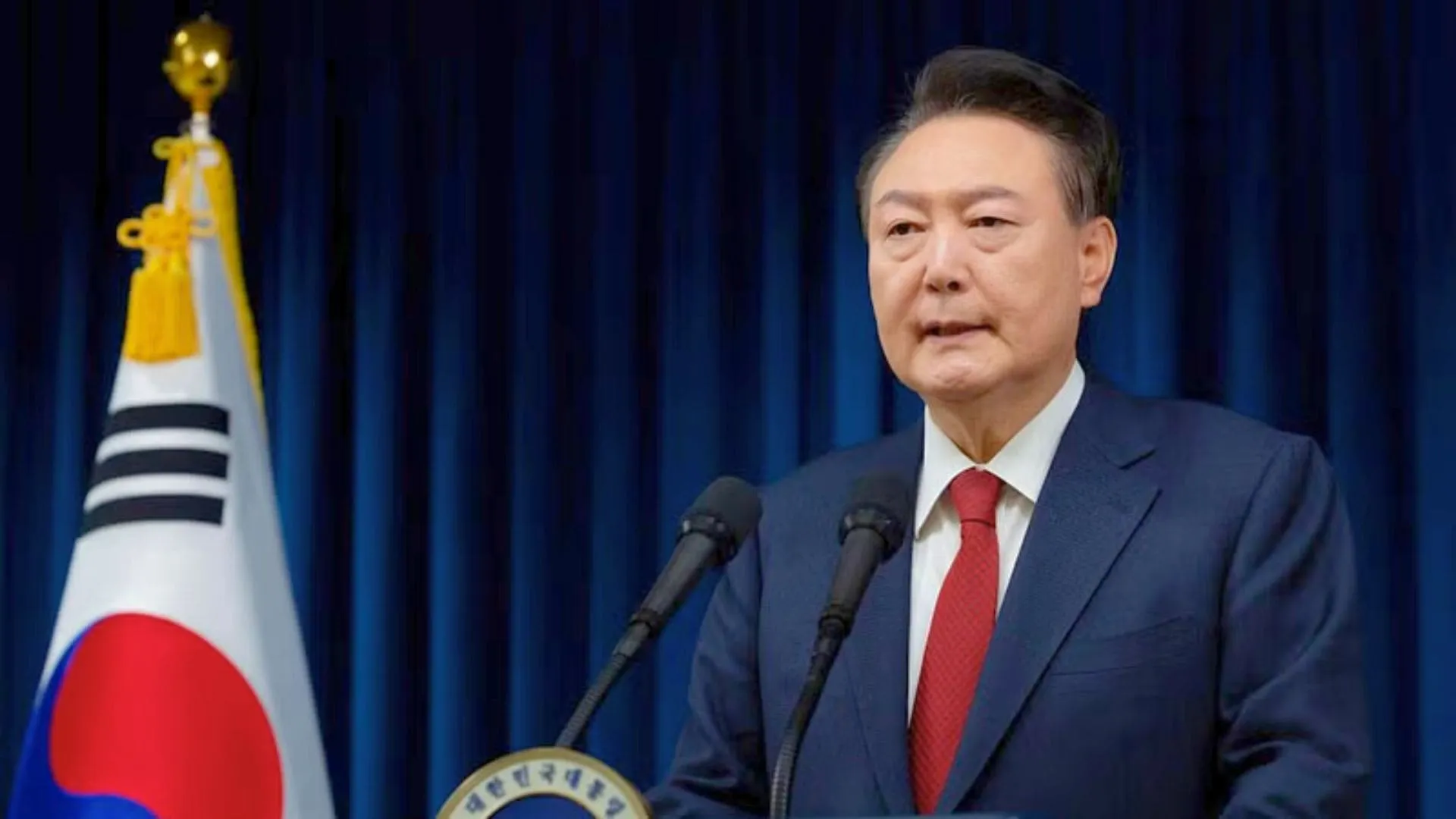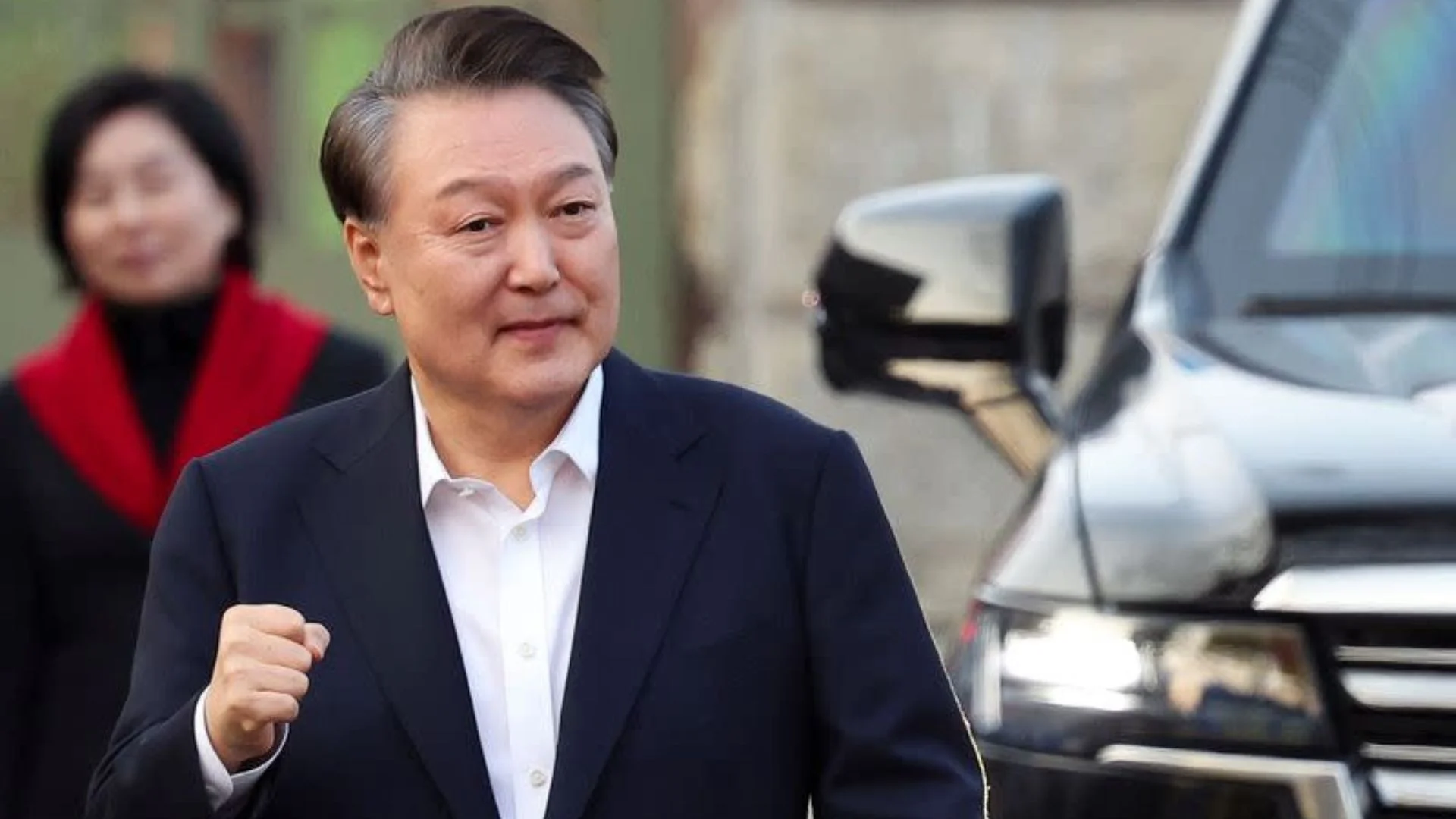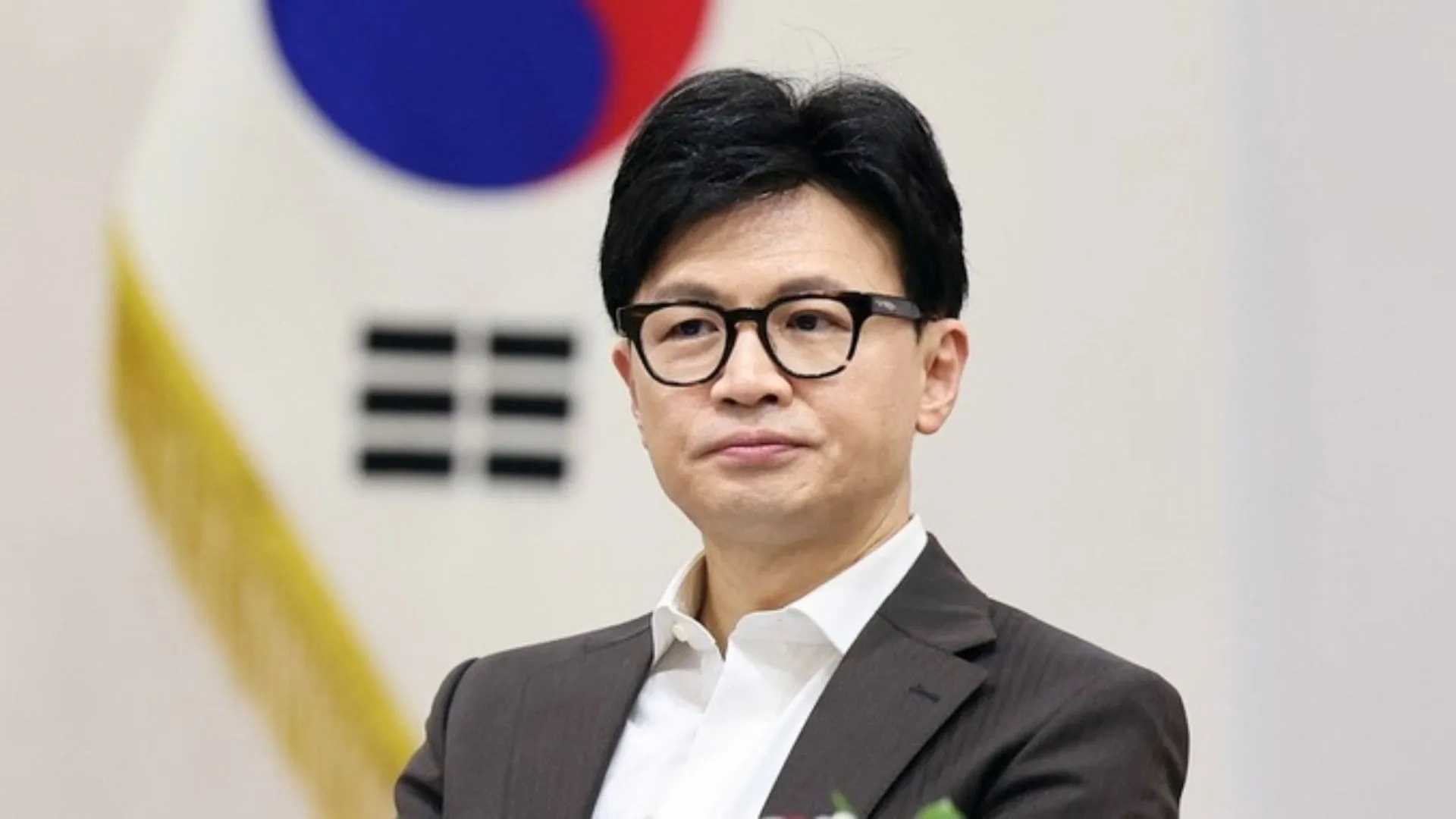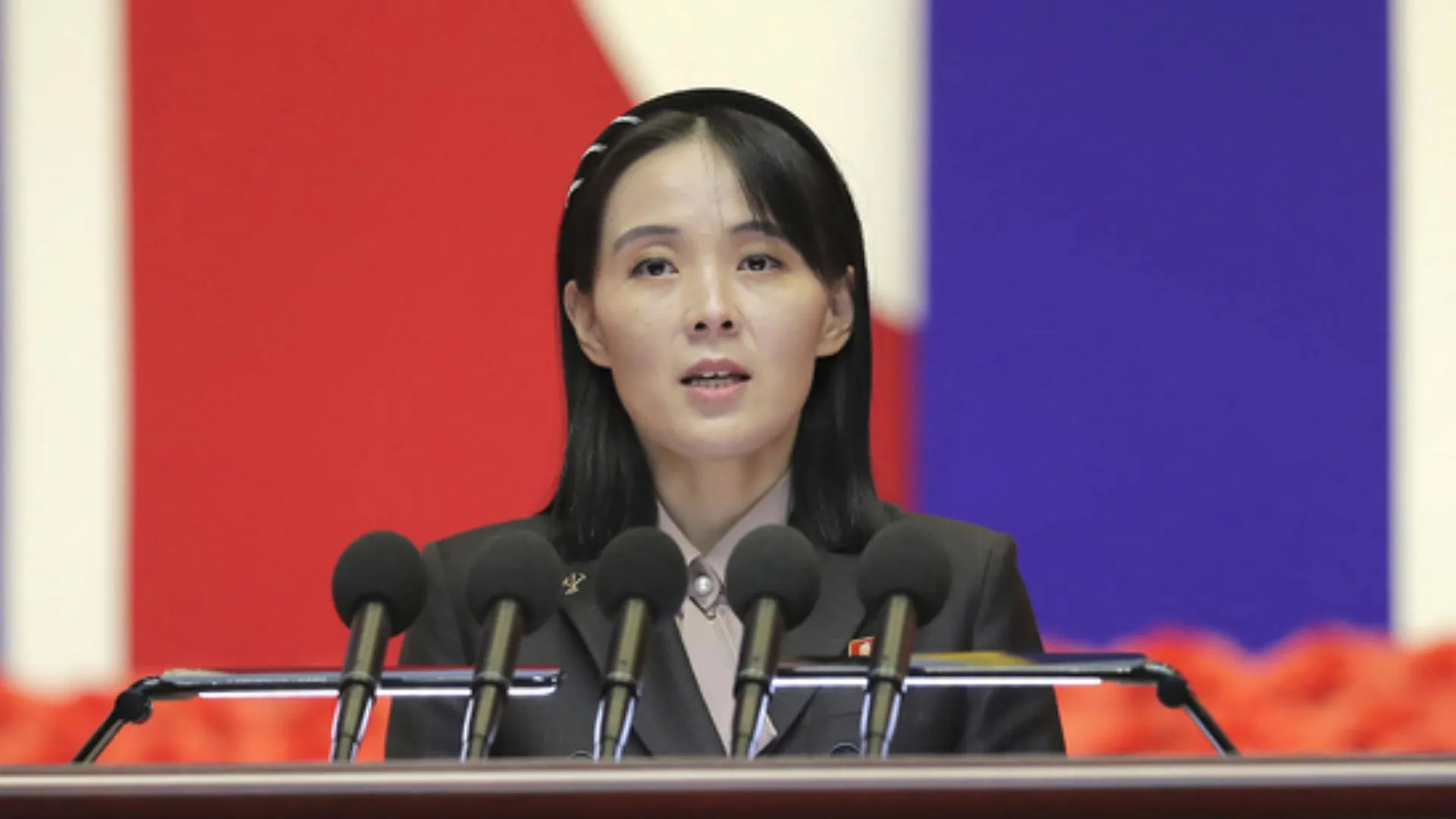South Korea will be having high-stakes trade negotiations with the United States next week. Finance Minister Choi Sang-mok will sit down with US Treasury Secretary Scott Bessent in Washington to delay or mitigate the tough tariffs that President Donald Trump announced. These 25% reciprocal tariffs, although temporarily suspended, still loom over South Korean exporters.
The negotiations, which begun at Scott Bessent’s behest, present Seoul with an important window of opportunity to protect its trade-dependent economy. Acting President Han Duck-soo’s government is acting quickly, knowing Washington will provide “first mover advantage” to early bargainers such as South Korea and Japan. The encounter will be on the sidelines of the IMF and World Bank spring meetings, with G20 finance leaders. Seoul is trying to stay ahead to preempt damage and stay competitive in Trump’s new trade reshuffling.
Seoul seeks delay to blunt tariff blow
Minister Choi Sang-mok has spoken clearly: his number one concern is shielding South Korean companies from the economic shock of Trump’s tariffs. On Tuesday, he stated that the government’s first priority is to postpone the imposition of these duties.
In Washington, he will urge breathing space—providing companies with time to adjust and prevent disruption. Export-dependent South Korea worries about a shock across industries if these tariffs come into effect abruptly.
First mover advantage on the line
US Treasury Secretary Scott Bessent has said publicly that America is willing to have early agreements “in principle” with close allies. These agreements might enable countries such as South Korea to gain good terms ahead of others.
The message is obvious, the early birds may get less restrictive terms. This “first mover advantage” may determine who takes the full brunt of Trump’s trade policies and who is spared.
Talks amid bbroader G20 summit
Choi Sang-mok’s visit coincides with the IMF and World Bank spring meetings. He will also attend a G20 finance ministers’ gathering. These multilateral platforms add diplomatic pressure and visibility.
South Korea hopes to gain broader support and keep trade routes stable. White House Press Secretary Karoline Leavitt confirmed that over 15 trade proposals are under review, and that several agreements could happen “soon.”
Seoul’s brisk diplomacy paces the way
Fallout awaits South Korea not one whit. Regular communication with senior Trump administration officials has been sustained by the Han government. Seoul’s agenda is straightforward: strike an early deal, stall tariffs, and avert economic turmoil.
Whether this will work or not remains unclear, but South Korea’s proactive diplomacy presents a template for mid-sized economies stuck in the middle of US trade wars.























